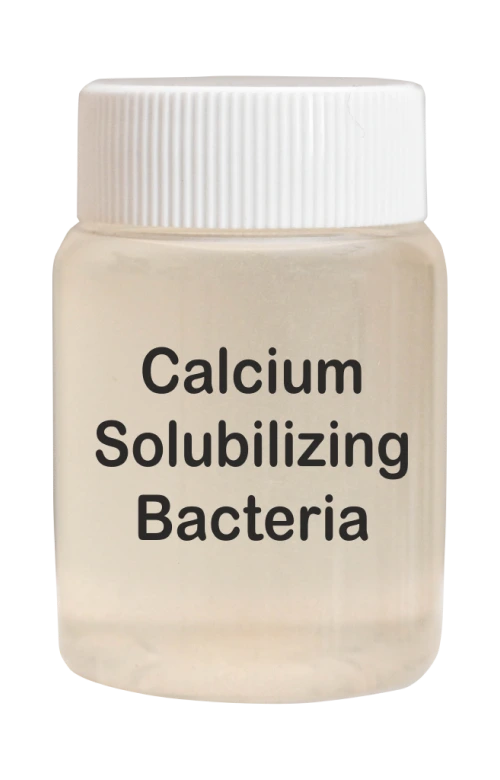


Bio Fertilizer Liquid
Calcium Solubilizing Bacteria
 Share On Whatsapp
Share On Whatsapp

Calcium-solubilizing microorganisms are beneficial organisms that transform insoluble calcium into soluble forms, improving soil fertility and plant vitality. These microbes produce enzymes, such as organic acids, that decompose calcium compounds in the soil, making them accessible to plants. Calcium plays a crucial role in plant growth and development, and these bacteria enhance soil fertility and nutrient absorption. They naturally occur in soil, the rhizosphere, and plant roots, establishing a mutualistic relationship with plants.


